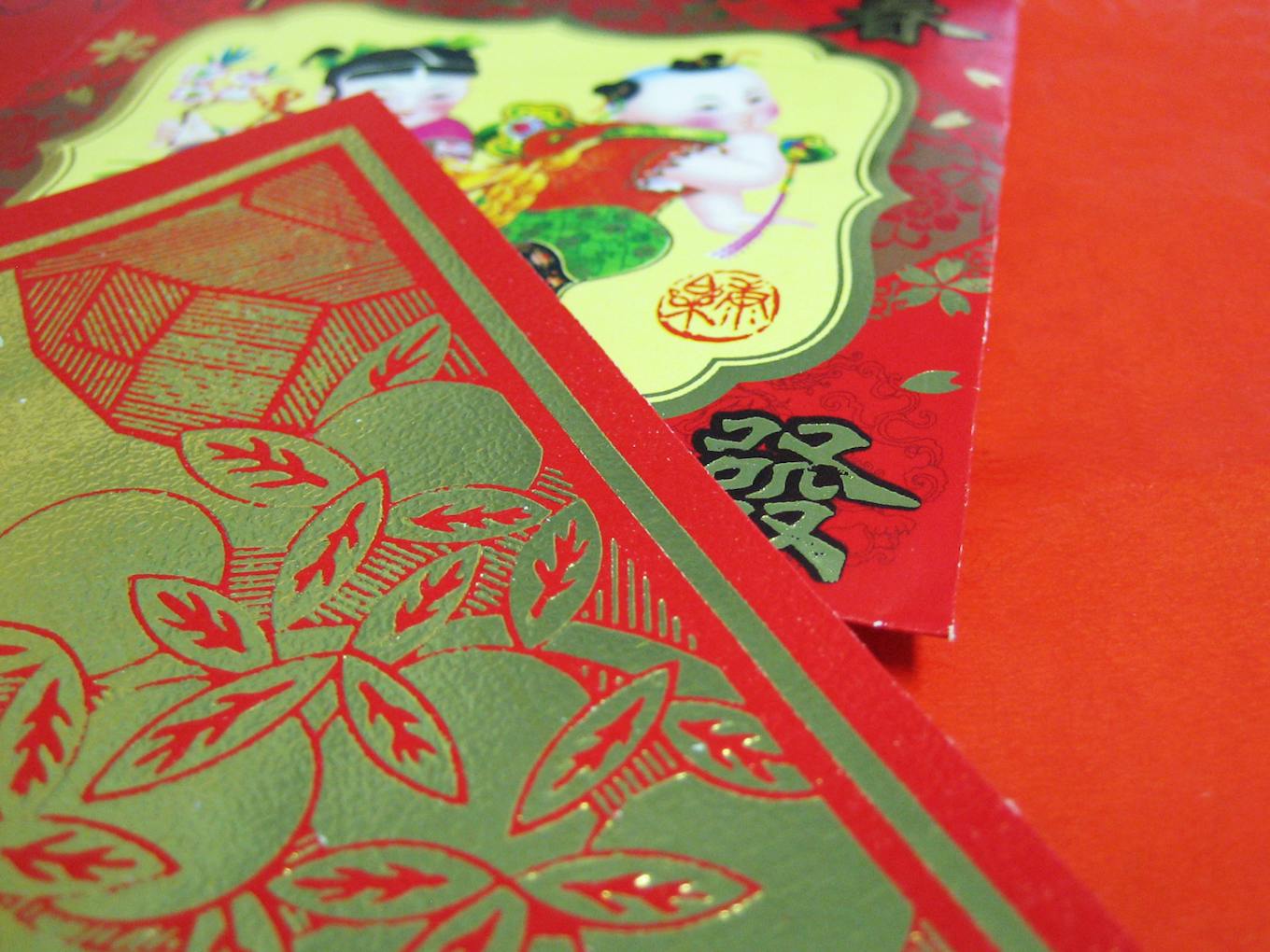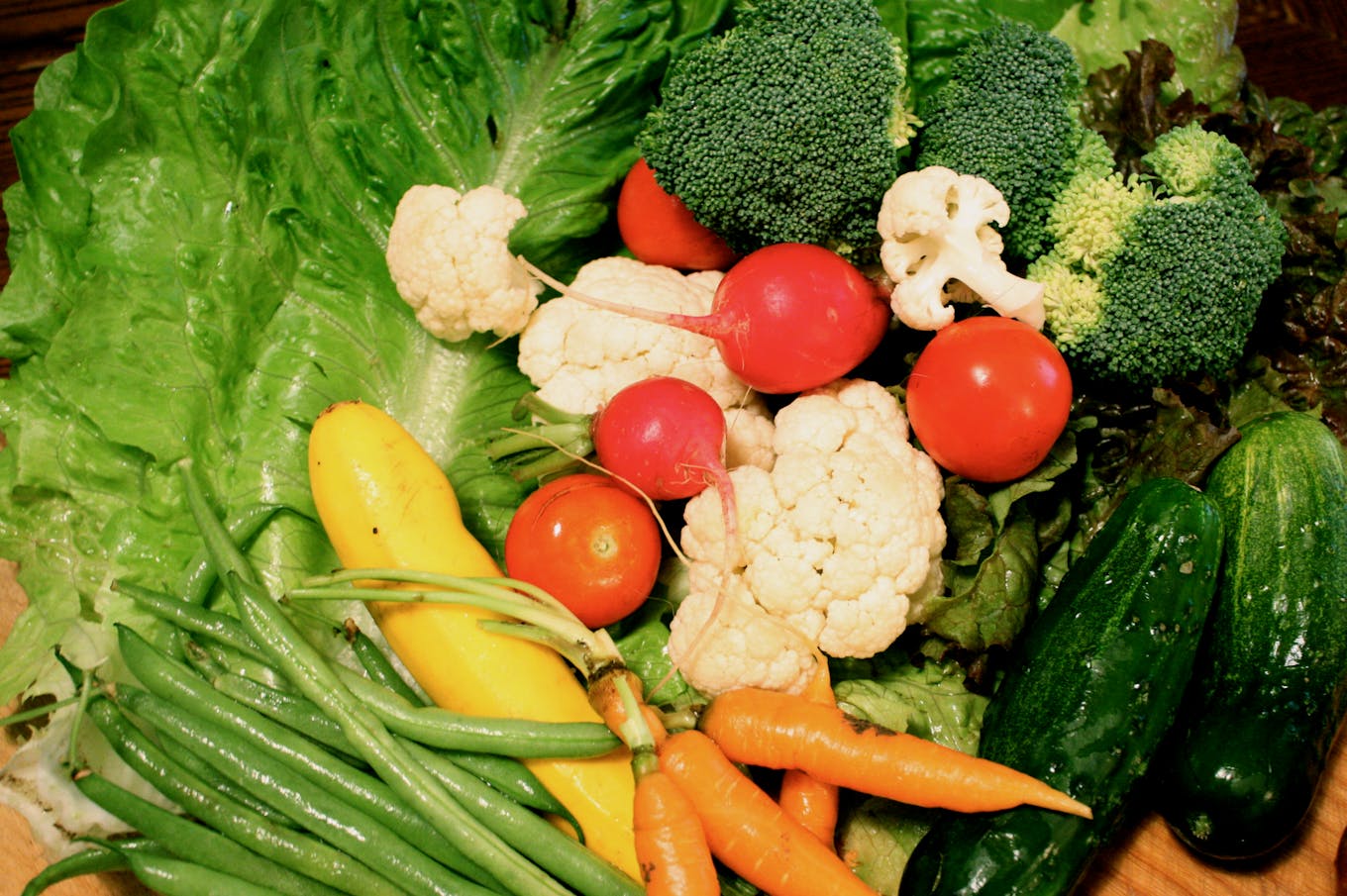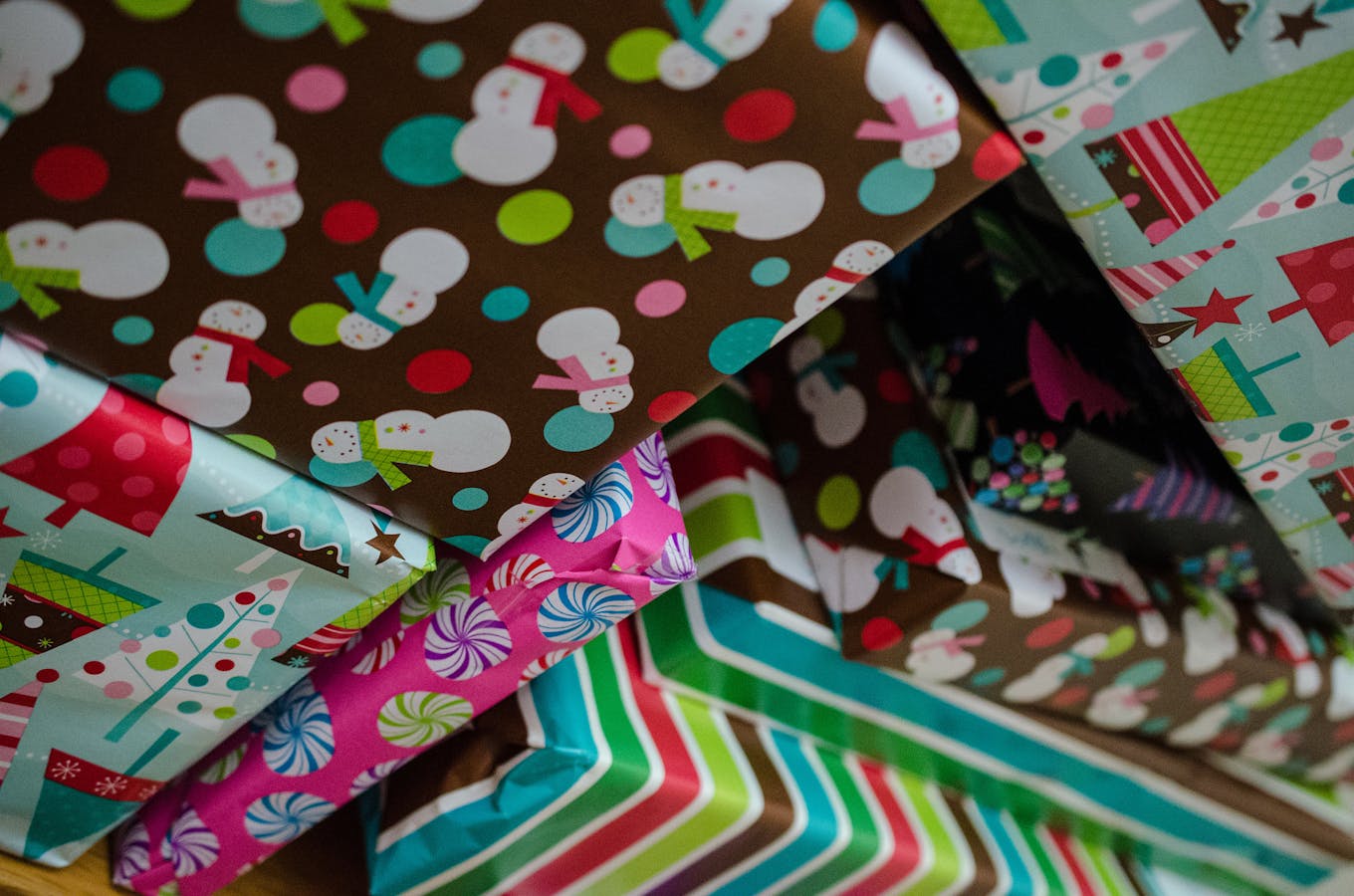December kicks off a two-month-long season of joy, giving, and feasting as Christmas and the Lunar New Year roll into town in quick succession.
To continue reading, subscribe to Eco‑Business.
There's something for everyone. We offer a range of subscription plans.
- Access our stories and receive our Insights Weekly newsletter with the free EB Member plan.
- Unlock unlimited access to our content and archive with EB Circle.
- Publish your content with EB Premium.
But the story is an all too familiar one: cooking up a storm for Christmas dinner, receiving too many Christmas presents, bundling crisp dollar bills in single-use red packets, spring cleaning the house, only to throw the excess and unwanted down the chute by the end of the season.
A lot of waste is generated during the festive season as we increase our consumption and disposal of goods, with most ending up in incinerators to churn out greenhouse gases that contribute to climate change.
Non-governmental organisation Zero Waste SG’s executive director Eugene Tay estimated the waste increase to be about 10 to 20 per cent from the usual figure due to the spring cleaning of unwanted stuff, used packaging for gifts, and leftover food.
So in this season of plenty, let’s take stock of what we have and consume mindfully. Why not take up the challenge of a low-carbon Christmas and Lunar New Year? Going green doesn’t necessarily mean turning into the Grinch – a few small steps could help to save money and the earth this festive season.
1) Sharing is caring
Let’s face it – we have way more stuff than we know what to do with. Consider donating your items to charity initiatives this season, rather than throwing them away if you do not need them anymore.
Ride-hailing app Grab is running a #DeliveringHappyness campaign to benefit underprivileged children in Southeast Asia. Between December 12 and 24, Grab will dispatch drivers to pick up donations of five or more children’s items (only toys, books or stationery) right from the donor’s doorstep, with the items going to non-profit organisations, rural libraries and community centres.
Ladies may also drop off good condition bras at local lingerie brand Perk by Kate’s office or directly with its beneficiary, Uplift Singapore. Bras will be sent to women in need in Asia Pacific and Africa, and Uplift also welcomes nursing bras, swimwear, and mastectomy bras and prostheses. Collections are ongoing throughout the year.
For those who are travelling during the Christmas holidays, there is still the chance to breathe second life into preloved items at the EcoBank Bazaar, which will collect used items that are still too good to be thrown out and resell them.
Jointly organised by City Developments Limited and Eco-Business, collection points will be set up from January 5 to 26 for people to drop off their clean and great condition books, accessories, clothes and toys. Donated items will be sold at the EcoBank Bazaar from February 24 to 26, with all proceeds to go towards disadvantaged children under the Children’s Charities Association (CCA).
2) Ditch disposables
About 9,000 trees are cut down to produce the approximate 180 million red packets used in Hong Kong every year, according to non-governmental organisation Greeners Action. There are no available statistics for Singapore. Red packets, or more colloquially known in Singapore as ang pows, are red envelopes that ethnic Chinese use to give money in on festive occasions. But because it is considered unlucky to reuse red packets, most end up being used only once.
To minimise waste, some suggestions are to use smaller-in-size red packets and only get those without the year or zodiac printed on the front so any extras can be used in the following year. For those who don’t mind breaking with tradition, bank transfers are now a painless affair thanks to the proliferation of payment apps.

Red packets are used during the Lunar New Year. Image: Wendy, CC BY-NC-ND 2.0
The same applies to wrapping paper during Christmas, which is usually discarded after the gifts are unwrapped. Consider alternatives to wrapping paper – use magazine pages or old newspaper for a grungier feel, repurpose an unused shoebox, or go for gift bags that can be reused by the receiver.
If the use of red packets and wrapping paper cannot be avoided, then be sure to recycle them.
3) Gift sustainably
Rather than purchasing a physical present for loved ones, how about gifting them an experience instead?
Take the children to visit a local farm in Singapore like Bollywood Veggies or Hay Diary for an out-of-town experience, while elderly relatives might appreciate an hour-long foot massage or a night out at the theatre. Non-Singaporean friends might be interested in learning to cook local dishes at social enterprise Food Playground.
But if it is a must to buy gifts for the family or corporate partners, then choose to spend responsibly. ACTSmarket is one avenue to do that. The social enterprise, supported by the National University of Singapore and the Singapore Centre for Social Enterprise, runs the eponymous ACTSmarket online platform for other social enterprises to sell their products internationally.
Shoppers are told the story behind each product and learn about who or which cause their purchase will benefit. According to ACTSmarket, for each dollar spent on the site, 88 cents goes directly towards the social enterprise producing the product. The remaining amount covers payment and administrative charges.
4) Recycle your tech
Electronics make for popular gifts during festive occasions, making older or non-functioning ones redundant. This Christmas, electronics retail chain Newstead Technologies is running a Gift Your Tech programme for those who drop off their old PCs, laptops, tablets and mobile phones at any of their 12 outlets.
The company is offering cash vouchers equivalent to the item’s trade-in value to the owner, and will also donate 20 per cent of the trade-in value to TOUCH Community Services, a charity organisation that supports children from single-parent or low-income families.
The initiative is meant to encourage recycling and the proper disposal of electronic waste. For electronics that no longer work, Newstead will recycle them through an e-waste recycling company.
The National Environment Agency also has a list of locations for the public to recycle their e-waste.
5) Eat vegetables
One way to ensure the festive season is carbon-light while also fighting those waistline woes is to introduce more greens into the diet. Although traditional Christmas and Lunar New Year staples usually take the form of meat delicacies, meat production has a higher carbon cost than vegetables and fruits.
While some of us will object to a completely vegetarian Christmas or Lunar New Year, try swapping out meat side dishes for salads and tofu.
Or go one step further and buy locally cultivated produce where possible to spare the emissions generated through the import of the foods. Quan Fa Organic Farm grows vegetables that are easily available at Sheng Siong Supermarkets and Ang Mo Kio Food Centre, for instance.

Eat your vegetables. Image: John Nakamura Remy, CC BY-SA 2.0
So, why not try out these green tips this festive season? If you have other suggestions for a low-carbon Christmas and Lunar New Year, do share it with your family and friends!
*Note: Any reference to goods and services in the above article does not constitute or imply an endorsement by Climate Challenge.
This column was first published on the NCCS website. Subscribe to their newsletter here or follow them on their Facebook page.









